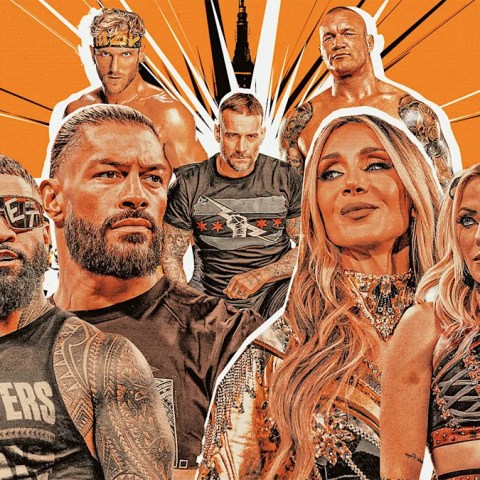The president of Colombia recently claimed that a boat, struck by the U.S. military, had Colombian citizens on board. This statement has stirred controversy, with a White House official labeling it “baseless and reprehensible.”
Since last month, the U.S. military has targeted multiple boats suspected of drug trafficking. The latest incident, on October 3, reportedly resulted in the deaths of four individuals believed to be involved in narcotics. Defense Secretary Pete Hegseth defended these actions as vital for combating drug trade, while critics argue the administration lacks proper legal authority for such strikes.
Colombian President Gustavo Petro expressed concern over the bombing, suggesting that some victims were Colombians. He has not disclosed his sources for this information but urged affected families to come forward. The U.S. military has not confirmed the identities of those on the boat.
In response to Petro’s allegations, the White House quickly condemned his remarks and emphasized the importance of maintaining a positive dialogue with Colombia, despite some differences in policy.
Petro, Colombia’s first leftist president in decades, has often disagreed with the Trump administration. Just last month, he criticized military strikes at the United Nations and even encouraged U.S. military members to resist directives from Trump, prompting a backlash that included threats to revoke his visa. Meanwhile, the U.S. government has accused his administration of not cooperating adequately in anti-drug efforts.
The narrative surrounding these military actions reflects growing scrutiny of the Trump administration’s aggressive campaign against drug trafficking in the Caribbean. The administration has characterized these strikes as part of a wider strategy to combat the flow of dangerous narcotics into the U.S. This approach has included categorizing various Latin American cartels as terrorist organizations and stationing U.S. Navy vessels in strategic locations in the Caribbean, evoking criticism from neighboring countries like Venezuela.
In a recent speech, Trump framed these strikes as necessary, claiming that each drug boat is responsible for considerable destruction in American lives and families. He argues that the military actions are, in essence, acts of compassion.
Despite this, some lawmakers express concern about the legality of these operations. In a recent congressional notice, the Trump administration described individuals on these boats as “unlawful combatants,” a term reminiscent of the post-9/11 approach to terrorism. Critics, including several members of Congress, have pushed for more transparency and accountability regarding the strikes. On Wednesday, a Senate vote aimed at blocking further military action failed, but it received support from notable voices, including Republican Senator Rand Paul. He raised valid points, questioning the administration’s transparency and urging for clarity on the evidence against the targets of these strikes.
The complexities surrounding drug trafficking, international law, and military engagement highlight the challenges faced in effectively addressing these issues. As public sentiments evolve, so too might government policies, emphasizing the need for continued dialogue and collaboration between nations.
Source link
Venezuela, Drug Cartels, Colombia, Donald Trump













:max_bytes(150000):strip_icc()/Health-GettyImages-1293388093-624d11da4a654c298adc993bcc2371c8.jpg?w=480&resize=480,480&ssl=1)






